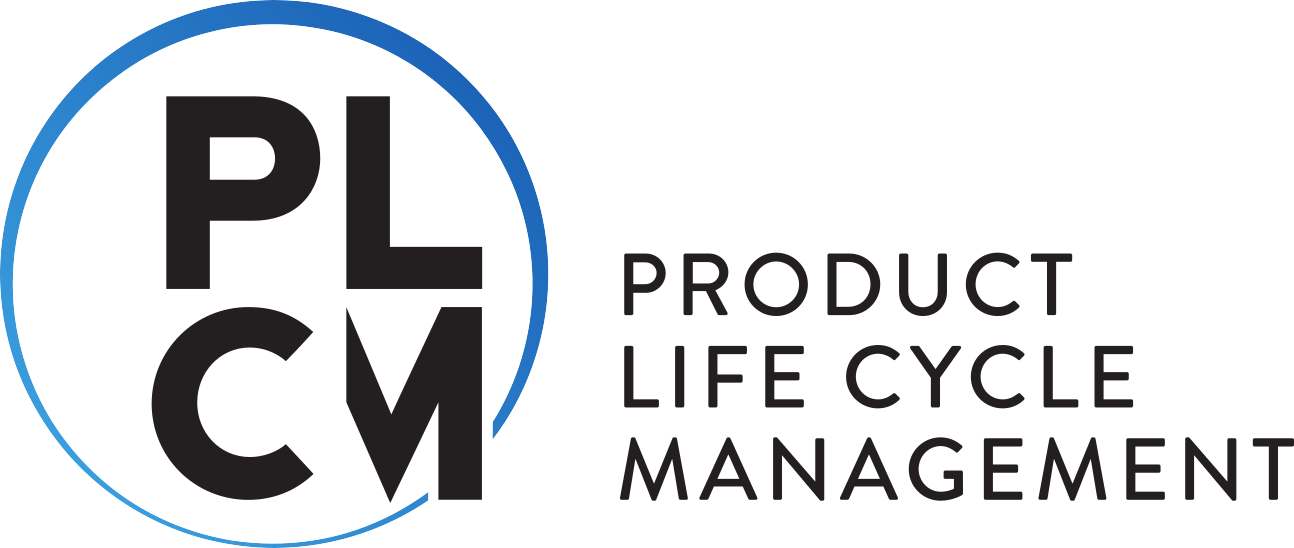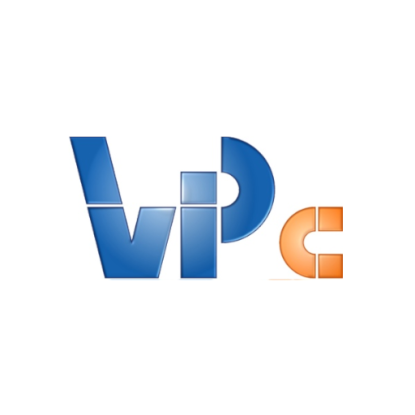Location: L101/24K & Livestream
Time: from 8:00 a.m until 9:40 a.m
Semester: summer semester
Start of the lecture: 25.04.2022
End of the lecture: 11.07.2022
1. Examination date: 22.07.2022
2. Examination date: 23.09.2022
Allowed materials for the examination: none
The course Virtuelle Produktentwicklung C: Produktdatenmanagement (ViP-C) will be held as a regular classroom course in SoSe 2022. Depending on the (short-term) regulatory requirements regarding the pandemic, online teaching will be resorted to. In this case, the lecture will be digitally transmitted and supplemented by additional digital materials such as demonstrations and exercises.
The course will start in week 17 (from 25.04.2022) and will take place on the weekdays and times specified in the schedule (see TUCaN). The available room details for the individual dates in TUCaN represent the original attendance planning and will be replaced by the online teaching if necessary.
The technical access to the online teaching takes place via Moodle. Here you will also find the link to the online broadcast before the lecture. You were automatically registered for the ViP-C Moodle course when you registered in TUCaN. If you have any problems with the Moodle course, please contact the supervising research assistant Fabian Arnold. You will then receive all further information via Moodle.
In this lecture different principles, methods and tools for product and process modelling are presented. For instance principles of system technology, hierarchic structuring and modelling are reviewed. The methods of model design and its specification are demonstrated and discussed. Systematic data modelling is being presented in view of ISO 10303 “Standard for the Exchange of Product Model Data” by use of SADT, EXPRESS and EXPRESS-G. The concepts of process modelling are explained with the help of business process modelling with EPK and BPMN2. Further focuses of this lecture are object orientated modelling with UML as well as the new methods of communication in terms of Industrie 4.0. Particular emphasis within the lecture is on deepening theoretical knowledge with the help of practical examples and smaller exercises.
Learning Targets:
- Understanding the relation between functions, data and process modelling
- Knowledge about the benefits of modelling techniques for business process optimisation
- Knowledge about the implementation of product and process models in industrial applications



